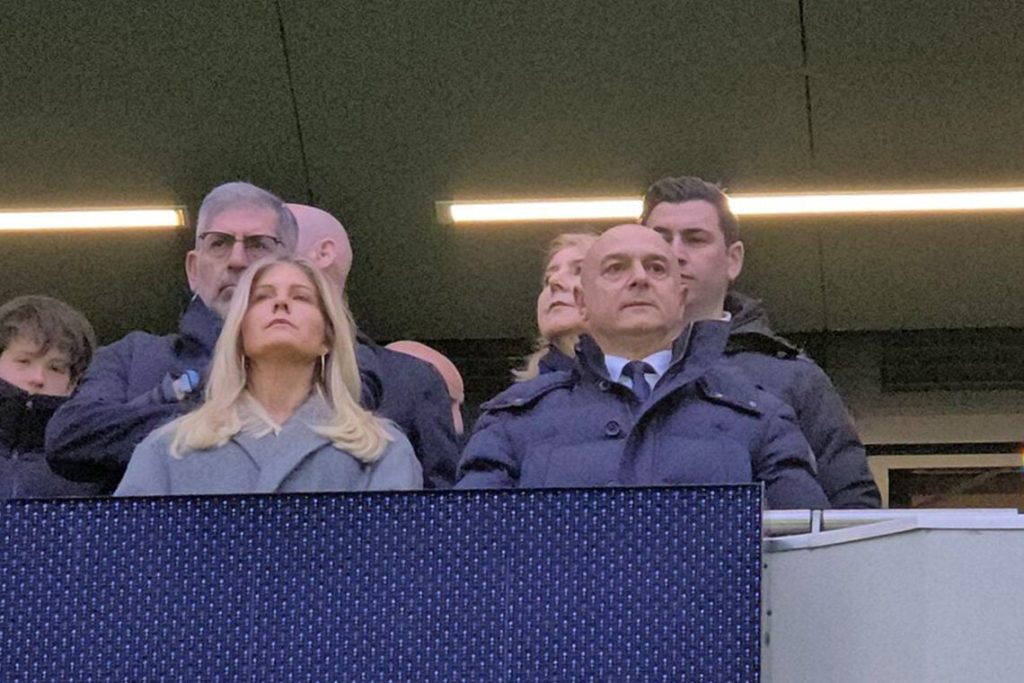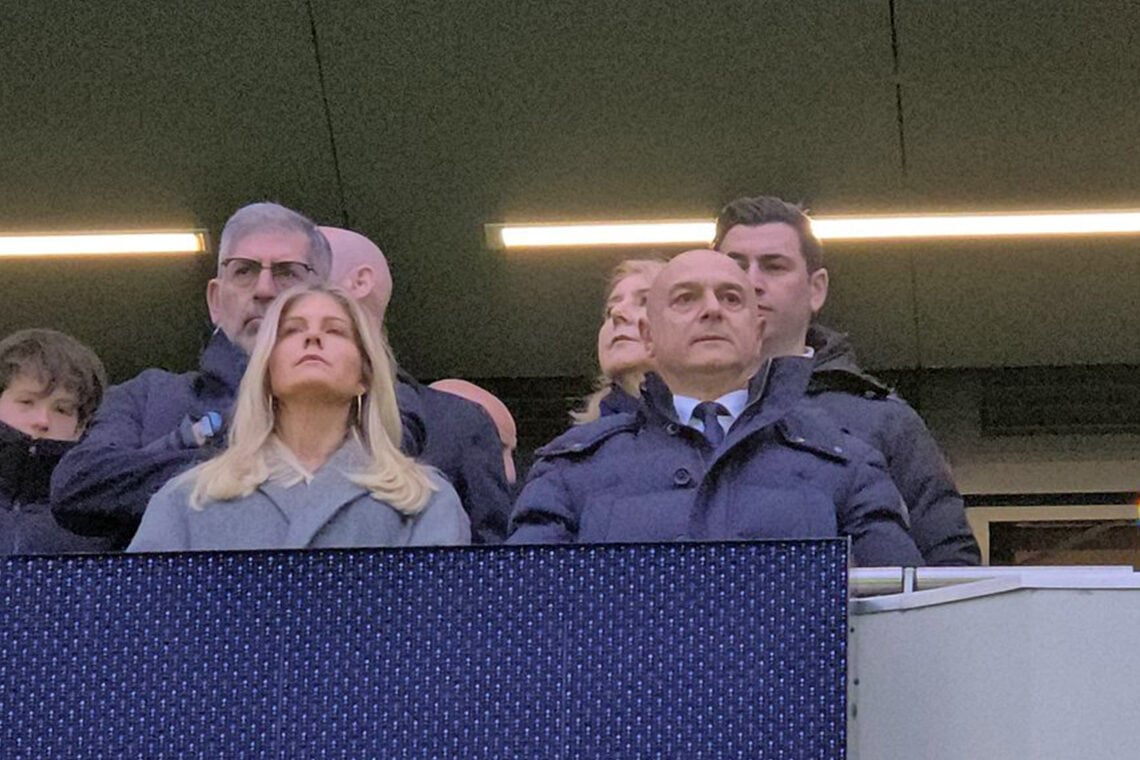The corridors of power at Tottenham Hotspur are undergoing their most significant transformation in decades following the departure of executive director Donna-Maria Cullen, one of Daniel Levy’s most trusted lieutenants and a constant presence throughout his 23-year tenure.
Her exit marks the end of an era for the North London club and signals sweeping changes to an executive structure that had remained largely unchanged during two decades of stadium construction, Champions League finals, and ultimately, their recent Europa League triumph.
Cullen’s influence at Tottenham extended far beyond her official title. Having first become involved with the club in 1992 before becoming one of Levy’s first appointments in 2001, she evolved into the chairman’s strategic right hand – a multifaceted operator whose fingerprints can be found on every major project from the state-of-the-art Tottenham Hotspur Stadium to the establishment of their women’s team.
Levy’s glowing tribute acknowledged this expansive legacy, noting how her “political acumen at planning committees proved instrumental” in delivering what many considered impossible – a world-class arena constructed without compromising the club’s financial stability.
The timing of Cullen’s departure carries particular symbolism. Her final act was witnessing Spurs lift their first trophy in 17 years in Warsaw, a crowning achievement that bookended her three-decade association with the club.
In her farewell statement, she described the Europa League triumph as “a dream come true,” though the emotional resonance clearly extended beyond silverware to the transformation of every aspect of Tottenham’s operations during her tenure.
Her exit coincides with the arrival of new CEO Vinai Venkatesham, poached from arch-rivals Arsenal where he earned widespread respect for modernizing their commercial operations and fan engagement.

The contrast between Cullen’s discreet, behind-the-scenes influence and Venkatesham’s anticipated more visible leadership style underscores the philosophical shift occurring at boardroom level.
Where Cullen excelled in backroom negotiations and long-term strategic planning, Venkatesham’s mandate appears focused on improving external communications and commercial performance – areas where Spurs have lagged behind their ‘Big Six’ rivals despite their spectacular infrastructure.
This changing of the guard raises intriguing questions about Tottenham’s future direction. With only operations director Matthew Collecott and football administration chief Rebecca Caplehorn remaining from Levy’s inner circle, the chairman finds himself surrounded by new voices at a critical juncture.
The potential return of Fabio Paratici in a consultancy capacity – pending resolution of his legal situation in Italy – would add another layer to this evolving power structure, though his involvement may need to remain informal for now.
Levy now faces consecutive decisions that could define his legacy. Having overseen the executive reshuffle, attention turns to the dugout and whether Ange Postecoglou will survive the summer of change.
The Australian’s Europa League success arguably warrants another season, but Tottenham’s dismal 17th-place Premier League finish presents a compelling counterargument.
Cullen’s departure removes one of Levy’s most experienced sounding boards from these deliberations, placing greater responsibility on the chairman’s instincts at a time when fan patience wears thin.
Beyond personnel changes, Cullen’s exit prompts reflection on what modern football clubs require from their executives.
Her multifaceted role – spanning community initiatives, stadium development, women’s football advancement, and environmental programs – reflects how Premier League clubs have evolved into complex multimedia corporations.
Venkatesham’s challenge will be maintaining this holistic approach while delivering the commercial growth and transparency supporters demand.
The tributes from both Levy and Cullen herself paint a picture of rare longevity and loyalty in an increasingly transient industry.
Her three decades at Tottenham straddled the transition from old White Hart Lane to the NFL-hybrid stadium, from mid-table mediocrity to Champions League regulars, and ultimately from nearly-men to trophy winners.
That she departs on this relative high note suggests careful timing rather than abrupt change – a graceful exit that allows her successor space to implement new ideas.
As Tottenham enter this new chapter, the scale of Cullen’s contribution becomes ever clearer. The foundations she helped lay – both literally in terms of infrastructure and figuratively in club culture – provide Venkatesham with enviable raw materials.
But the pressure to build upon them immediately will be intense. With the manager’s future uncertain, transfer targets to pursue, and fan expectations heightened by European success, Tottenham’s revamped hierarchy has little time to settle in.
The post-Cullen era begins with promise, but also with the sobering realization that in modern football, even epoch-defining achievements quickly become expectations rather than milestones.

